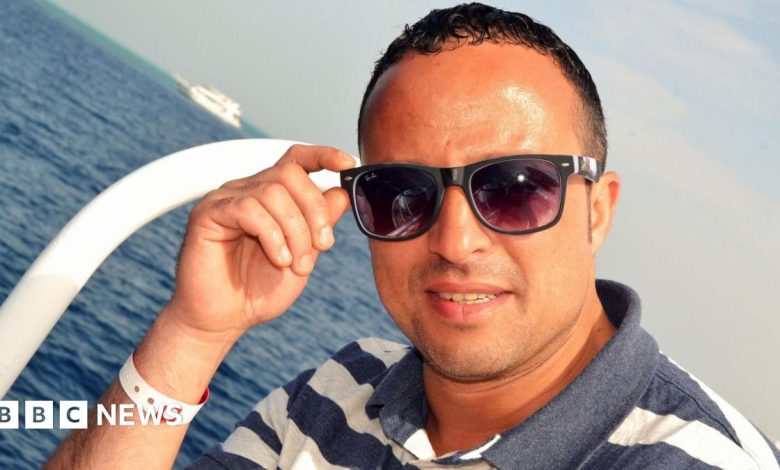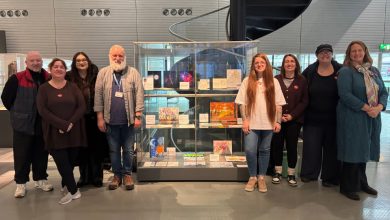Man accused of Norwich murder was ‘filled with anger and hatred’

Neighborhood Tensions Turn Tragic: The Story of Mousehold Street
A tragic incident in the normally quiet Mousehold Street of Norwich has brought to light disturbing undertones of intolerance and violence. In November 2024, 48-year-old Abdulkadar Chadli was discovered dead with a single stab wound to his chest. His neighbor, 46-year-old Elvis Vickers, now stands trial at Norwich Crown Court, firmly denying the murder charge against him. The case has sent shockwaves through the local community, raising difficult questions about neighborly relations and the dangerous consequences of unchecked prejudice.
According to prosecutor Christopher Paxton KC, who presented the opening statements at Norwich Crown Court, Vickers was “a man consumed with anger and hatred.” Perhaps most chillingly, the court heard that before the alleged attack, Vickers had declared, “I’m not letting these terrorists run my street.” This statement, now a central piece of evidence, suggests that what may have begun as a neighborhood dispute potentially carried darker motivations. The prosecution’s framing paints a picture not simply of a momentary conflict but of deep-seated animosity that ultimately led to violence.
The quiet residential area of Mousehold Street, where both men lived as neighbors, has been transformed by this incident. What should have been a place of community and safety instead became the scene of a violent death. Local residents have expressed their shock at how quickly tensions between neighbors could escalate to such a tragic endpoint. The case highlights how proximity doesn’t always breed familiarity or understanding, and how misconceptions can fester in even the most ordinary settings.
For the family of Abdulkadar Chadli, the loss extends far beyond the courtroom proceedings. A life cut short leaves behind grieving loved ones who must now navigate both their personal loss and the public nature of a murder trial. The human cost of this tragedy cannot be overstated – a father, son, friend, and community member is gone forever, leaving a void that legal justice, however served, cannot fill. Community leaders have called for support for the family while respecting the legal process.
The court proceedings themselves have only just begun, with Vickers maintaining his innocence against the murder charge. In the days ahead, both prosecution and defense will present their evidence, witnesses will testify, and twelve jurors will be tasked with determining what truly happened on that fateful day in November 2024. The justice system now faces the challenge of carefully weighing inflammatory words against actions, intent against outcome, and ultimately determining responsibility for a man’s death.
Beyond this individual case, the incident raises broader questions about community cohesion and the dangers of dehumanizing language. The alleged statement about “terrorists” suggests that assumptions and stereotypes may have played a role in how Vickers perceived his neighbor. Community advocates have noted that this case, regardless of its legal outcome, should prompt reflection on how we engage with those who live alongside us, particularly across cultural or religious differences. As Norwich awaits the verdict, there are calls for renewed efforts to strengthen neighborhood bonds and combat prejudice before it can escalate into violence.









**mitolyn reviews**
Mitolyn is a carefully developed, plant-based formula created to help support metabolic efficiency and encourage healthy, lasting weight management.